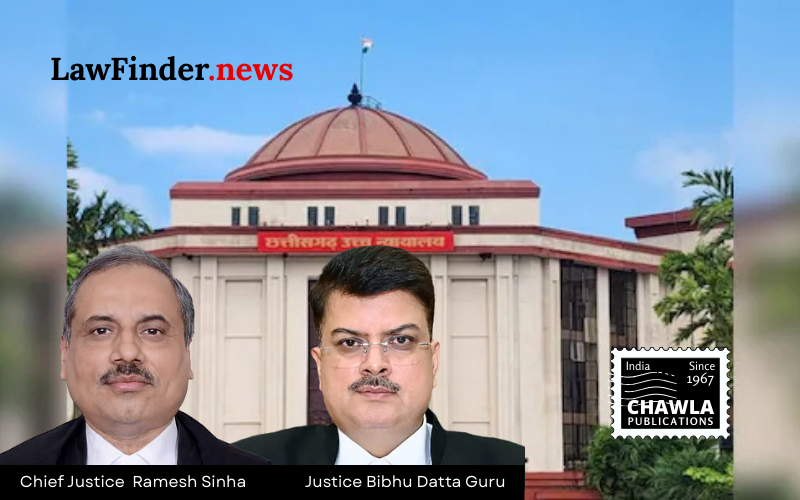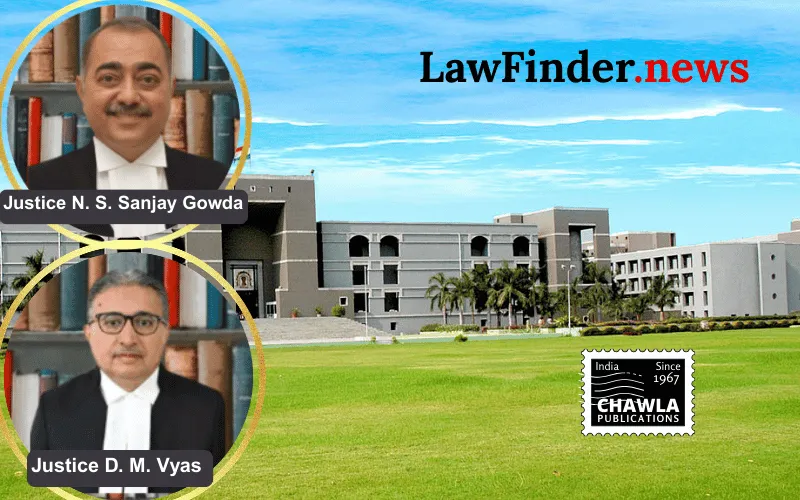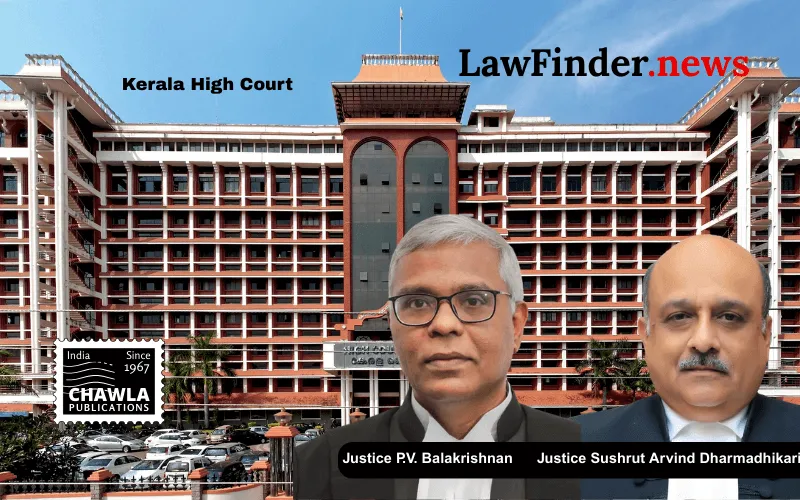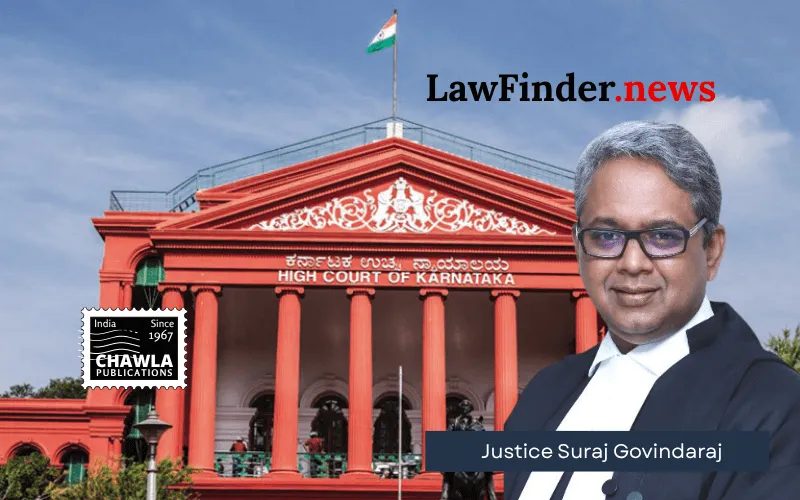Eyewitness Testimony and Forensic Evidence Pivotal in Conviction for Murder and Attempted Murder
In a significant legal development, the Chhattisgarh High Court has overturned the acquittal of accused individuals in the Bilaspur murder case, convicting them for the murder of Dashrath Lal Khandelwal and the attempted murder of Vimla Devi. The judgment, delivered by Chief Justice Ramesh Sinha and Justice Bibhu Datta Guru, underscores the importance of eyewitness testimony and forensic evidence in securing convictions in criminal cases.
The case centers around a brutal home invasion that occurred on November 22, 2013, when two unknown assailants forcibly entered the Khandelwal residence, demanding money and subsequently stabbing Dashrath Lal and Vimla Devi. Dashrath Lal succumbed to his injuries, while Vimla Devi survived but sustained serious injuries.
Despite the initial acquittal by the trial court, the appellate court found compelling reasons to overturn the decision. The court placed significant weight on the testimony of the injured eyewitness Vimla Devi, whose consistent and credible account was pivotal in identifying the perpetrators. The court highlighted that her testimony, despite minor contradictions, aligned with legal principles that regard injured eyewitness evidence as highly reliable.
The judgment also emphasized the lawful conduct of the test identification parade, corroborated by forensic evidence. The presence of human blood on articles seized from the accused, confirmed by forensic reports, further substantiated the prosecution's case. The court criticized the trial court for dismissing credible evidence based on conjectures and surmises, describing the original acquittal as perverse and unjustifiable.
The High Court's decision reflects its commitment to uphold justice by meticulously examining all evidence, including the confessional statements made by the accused during custody, which led to the discovery of blood-stained articles and weapons. This discovery was deemed admissible under Section 27 of the Indian Evidence Act, adding further weight to the prosecution's case.
As a result of the High Court's ruling, the accused have been sentenced to life imprisonment for murder and ten years for attempted murder, with both sentences to run concurrently. The judgment serves as a reminder of the judiciary's role in ensuring justice through thorough scrutiny of evidence and adherence to legal principles.
Bottom Line:
Conviction of accused persons under Sections 302/34 and 307/34 IPC for murder and attempt to murder based on injured eyewitness testimony, corroborative evidence including test identification parade, forensic reports, and recovery of incriminating articles.
Statutory provision(s): Indian Penal Code, 1860 Sections 302/34, 307/34; Indian Evidence Act, 1872 Section 27; Criminal Procedure Code, 1973 Section 372, 378(1)
Anil Khandelwal v. State of Chhattisgarh, (Chhattisgarh)(DB) : Law Finder Doc Id # 2794381




